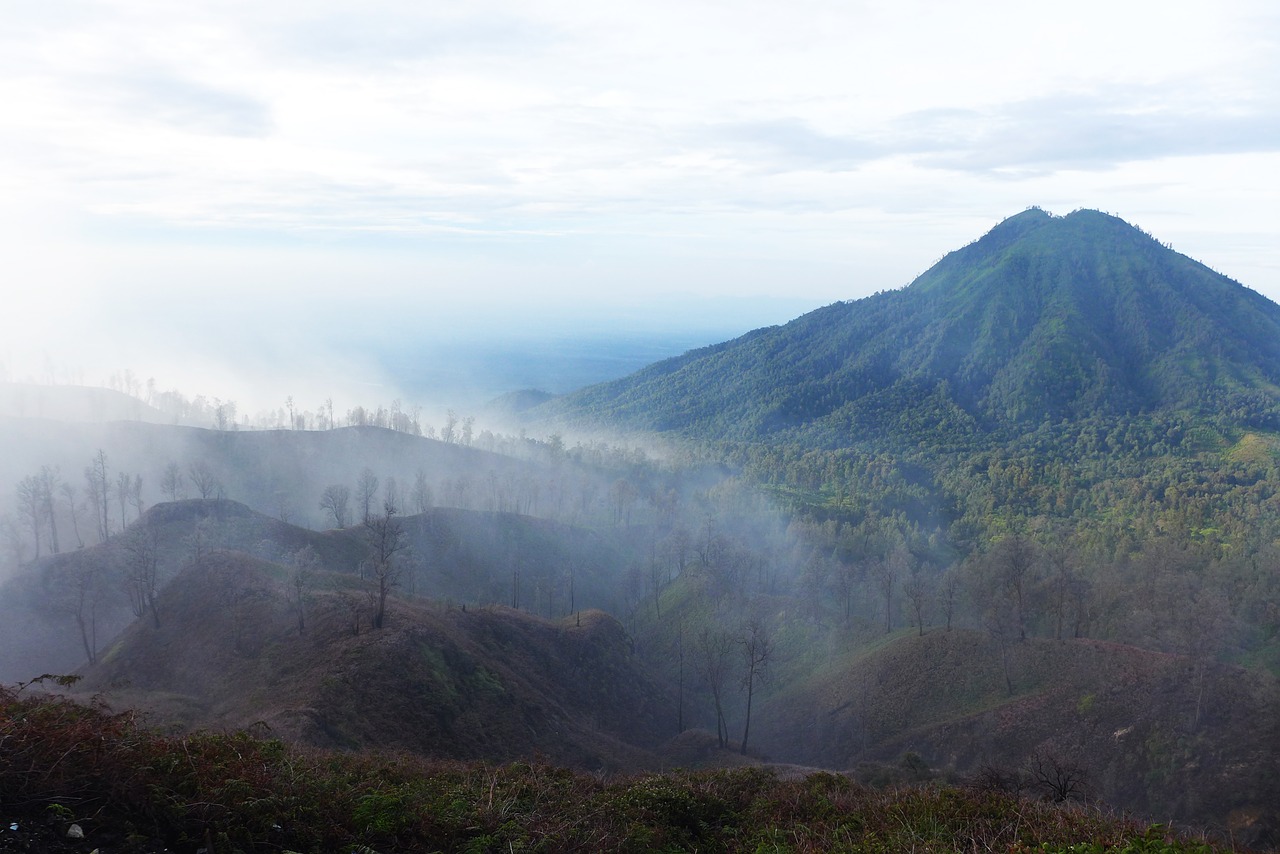Americas: Braskem-Idesa mulls legal action against Mexico over suspended gas contract
Sectors: petrochemicals; hydrocarbons
Key Risks: FoP; contract reviews; business risks
In Mexico, the Braskem-Idesa consortium is reportedly considering taking legal action over a recent gas supply contract suspension should negotiations with the government of President Andres Manuel Lopez Obrador (AMLO) not result in a speedy resumption of gas deliveries. The consortium reportedly declared force majeure after state-owned oil company Pemex’s subsidiary Cenagas halted all gas deliveries to its Ethylene XXI petrochemical complex on 2 December. Braskem-Idesa was forced to halt operations at the plant after the government decided not to renew its gas transport contract expiring on 30 November. AMLO said the decision followed failed talks to renegotiate contractual terms and also cited alleged corruption. On 4 December S&P lowered Braskem-Idesa’s credit rating to ‘B’ from ‘B+’ due to the supply cut and growing government pressure to renegotiate the contract. The overall frustration of process risk will remain heightened.
Asia Pacific: Six Rizieq Shihab supporters killed in purported attack on police in Jakarta
Sectors: all
Key Risks: growing insurgency
In Indonesia, six supporters of controversial Islamic cleric Rizieq Shihab were killed in a shoot-out with police in Jakarta. The incident occurred on a highway when a police car was attacked while tailing another vehicle carrying supporters of the cleric. No officers were killed or injured, although the police vehicle was badly damaged after being fired upon. The leader of a once-fringed party the Islamic Defenders Front (FPI), Shihab returned to the country following a three-year self-exile in Saudia Arabia and is seeking to capitalise on COVID-19-induced economic woes and uncertainties to further his conservative agenda. The FPI, which campaigned for the implementation of sharia law, has been implicated in multiple cases of harassment, intimidation and violence against ethnic minorities. The latest attack amplified concerns of potential sectarian violence, with more similar attacks against security forces and minorities likely.
Eurasia: Nord Stream 2 construction set to defy US sanctions; little progress in Afghan peace talks
Sectors: oil and gas; various
Key Risks: sanctions; political instability; civil war
Despite US opposition to the Nord Stream 2 pipeline, Russian ship the Akademik Cherskiy is currently located in the Baltic Sea in anticipation of an imminent resumption of pipelaying. Ownership of a second pipelaying vessel, the Fortuna, was transferred to a small Russian company following its previous owner’s concerns over the threat of US sanctions. The Russian-backed project looks set to press ahead in spite of the US’s draft annual defence spending bill, which proposed increased sanctions on businesses involved with the pipeline. Meanwhile, two-month old peace talks between representatives of the Taliban and Afghanistan’s government had an initial breakthrough on 2 December, though their next task – agreeing an agenda – will prove more challenging, with the Taliban unlikely to agree to a ceasefire whilst their offensive operations on the ground continue to be successful.
Europe: EU-UK talks to come to a head; Romania election could trigger fresh crisis
Sectors: all
Key Risks: economic; political instability
Talks over a post-Brexit trade deal between the EU and UK are continuing, with competition rules and state aid rules key sticking points. Both are keen to agree a deal before the House of Commons votes on legislation that gives ministers the power to override the Northern Ireland protocols of the UK’s withdrawal treaty with the EU. It is increasingly likely that talks will continue until the last minute, with a deal still more likely than not. In Romania, the opposition Social Democratic Party (PSD) won a narrow majority following the 6 December parliamentary elections, beating the ruling National Liberal Party (PNL) which lost public support over its handling of the COVID-19 pandemic. However, PSD could struggle to enter government as PNL retains support from smaller parties and could create a coalition, in addition to President Klaus Iohannis’s staunch opposition to PSD.
MENA: Lebanon promised government; EU meeting regarding sanctions against Turkey
Sectors: all
Key Risks: political instability; economic and political risks; sanctions
Lebanese premier-designate Sa’ad al-Hariri reportedly finalised his proposal for a small technocratic 18-seat government, to be presented to President Michel Aoun. If approved the cabinet could be confirmed within 48 hours. Lebanon’s last government resigned on 10 August following the 4 August Beirut blast. However, Hariri was ousted amid mass protests which erupted in November 2019 and he symbolises Beirut’s endemic corruption and financial mismanagement. His confirmation as premier may see protesters once again take to the streets. EU ministers evaluating sanctions on Turkey, which could be confirmed during the 11 December EU summit. Ankara has conducted seismic exploration in disputed territories of the East Mediterranean which has inflamed tensions. While sanctions will be limited in sector and scope, it could further undermine the last of investors’ confidence in the country and could lead to further economic deterioration.
Sub-Saharan Africa: Tight race underway in Ghana’s presidential and parliamentary elections
Sectors: all
Key Risks: political uncertainty
Voting started in Ghana’s presidential and parliamentary elections in what is expected to be a tight race between incumbent President Nana Akufo-Addo and his longtime rival, former president John Mahama. President Akufo-Addo of the ruling New Patriotic Party (NPP) and Mahama, of the National Democratic Congress (NDC), signed a ‘peace agreement’ on 4 December to demonstrate their commitment to ensuring the tradition of peaceful polls. Both candidates vowed to revive the economy and its vital cocoa-export sector amid the COVID-19-related economic slowdown. More than 50 per cent of the vote is needed to avoid a run-off. The NPP and NDC have exchanged power several times. However, friction is high this year amid opposition allegations over the independence of the electoral commission. Nonetheless, elections are likely to be free and fair, with a result expected within 24 hours of polls closing.

